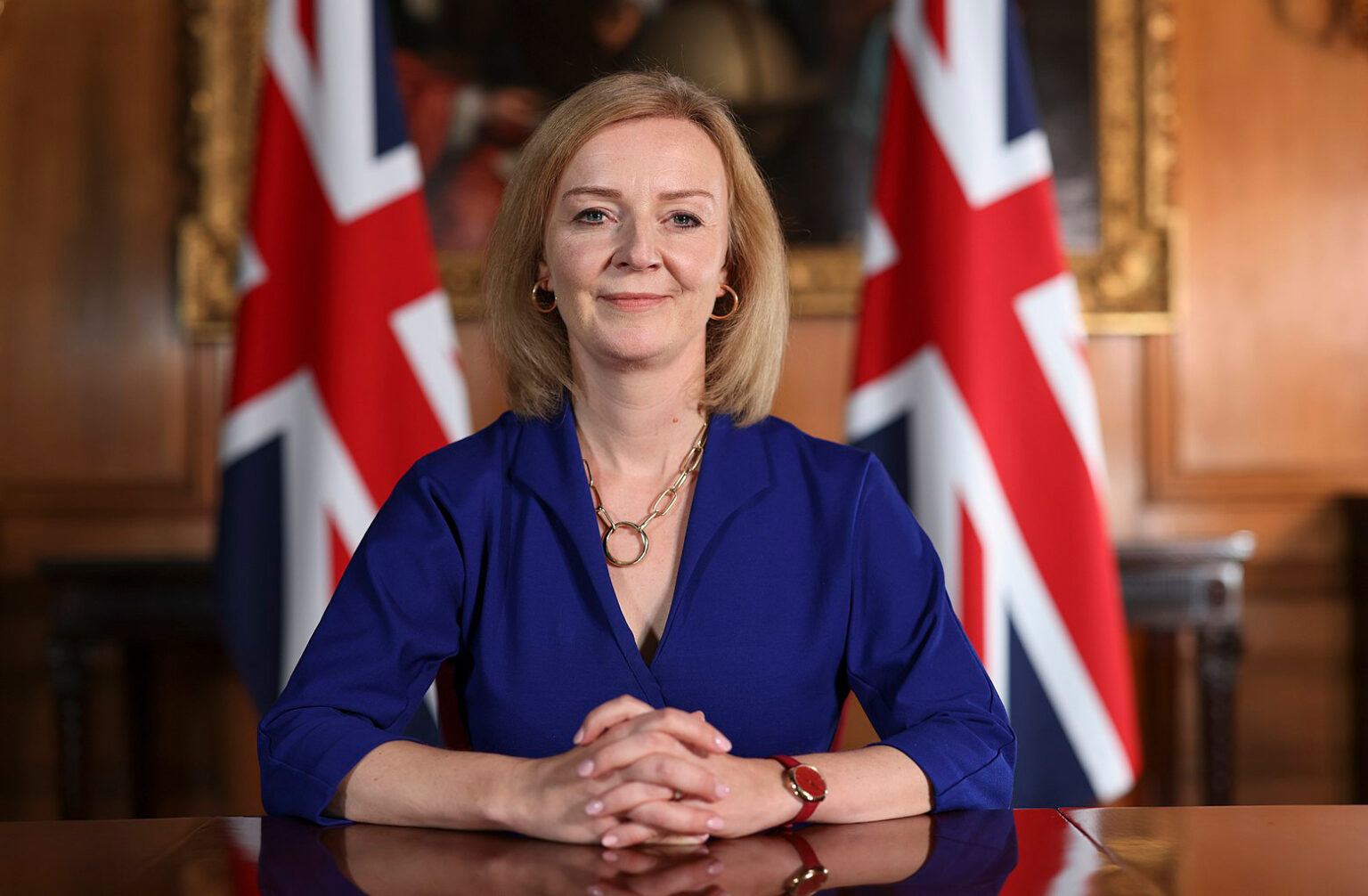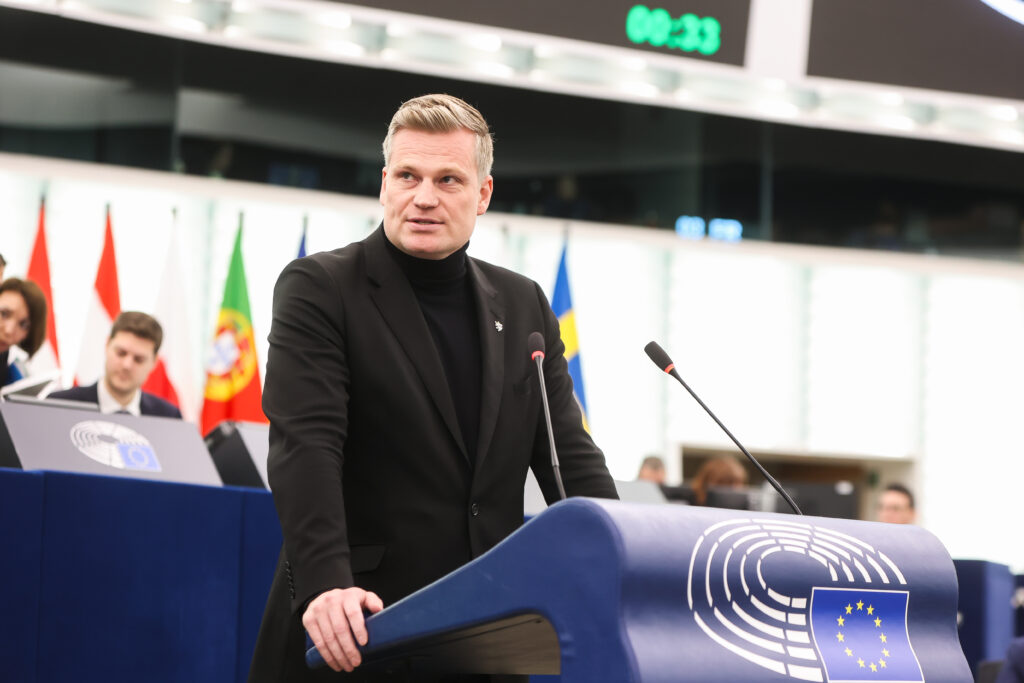Liz Truss was back in the headlines this week, when she appeared at the launch of a new lobby group called the Growth Commission on Wednesday.
Some commentators pointed out the irony of a prime minister who tanked the pound – and failed to outlast a lettuce – saying that her widely criticised mini budget “may pay off in the long term”.
Truss’s acolytes, on the other hand, lapped it up. Conservative MP Simon Clarke was even given a column in the Times to talk up the Growth Commission.
But what is the Growth Commission? And, more importantly, who is funding it?
I decided to take a look. And guess what? The self-styled free market task force seems to be yet another dark money outfit in British politics – led by senior figures from US and UK free market think tanks who have been funded by fossil fuels, the Koch Brothers, climate change deniers, the tobacco industry and much more.
A spokesman for the commission told me that it is funded by donations from private individuals. It wouldn’t give any names.
You might expect that after the disaster of Truss’s short-lived free market experiment, the Institute of Economic Affairs (IEA) would be keeping a low profile. But you’d be wrong.
The IEA is the oldest think tank in Britain, with a history of taking money from tobacco companies, big oil, and has received millions from foundations funded by US billionaires, some of which have been among the biggest sponsors of climate change denial.
The 13 ‘commissioners’ listed on the Growth Commission website – Truss is not one of them – include two IEA veterans: Truss’s former advisor Shanker Singham, and IEA Economics Fellow Julian Jessop.
The Growth Commission describes Singham as “one of the world’s leading international trade experts”. (Some trade experts have disagreed.)
What is indisputable is that Singham is among the most active lobbyists on the free market right in Britain. In recent years, Singham has worked for Legatum, then the IEA, earning rebukes from the Charity Commission for his Brexit trade papers at both Legatum and the IEA.
Singham also runs his own lobbying firm called Competere. Competere doesn’t list its clients, but it has had over a dozen meetings with government ministers in less than two years.
I have sent Freedom of Information requests about many of Competere’s meetings, and I am still waiting for information. (Full disclosure: Singham previously stepped down as an advisor to then International Trade secretary Liam Fox in 2018 after I revealed he had also taken a job with a lobbying outfit.)
‘Ground Zero for Deregulation’
Almost a quarter of the Growth Commission is made up staff from the Mercatus Center, a right wing think tank operating out of George Mason University that has been described as “ground zero for deregulation policy in Washington”.
The chairman of the Mercatus Center, Tyler Cowen, and Mercatus Centre fellows Alden Abbott and Christine McDaniel are all listed on the Growth Commission.
Founded in 1978 by a former vice-president of Koch Industries – a serial funder of climate science denial – Mercatus has been particularly active in pushing for environmental deregulation.
Mercatus has previously suggested that climate change is “beneficial” and “making humans better off” and recommended “work to facilitate movement of people from areas likely to be harmed by climate change” instead of lowering emissions.
Another Growth Commissioner, Ewen Stewart, is director of Global Britain, a Eurosceptic think tank co-founded by former UKIP leader Malcolm (Lord) Pearson.
Stewart’s co-director at Global British, former Scottish Tory Member of Scottish Parliament Brian Montieth, was behind a slew of dark money funded Facebook ads in the run-up to the 2021 Scottish parliamentary elections.
Meanwhile, commissioner Stephen J. Entin comes from the US-based Tax Foundation, which has been heavily bankrolled by the Koch Brothers, who also heavily funded influential Washington right wing think tanks such as the Heritage Foundation, Cato Institute, and Americans for Prosperity.
‘Victim of a Political Conspiracy’
Truss is a big fan of US conservative think tanks: in April, she gave a speech at the Heritage Foundation in Washington in which she praised Ronald Reagan and Margaret Thatcher and portrayed herself as a victim of a political conspiracy.
I asked the Growth Commission who its funders were and was told: “Commissioners serve voluntarily, with travel expenses and costs for auxiliary support like report printing covered by the Growth Initiative Ltd, which receives donations from private individuals.”
The Growth Commission would not say what private donations it had received, but it did correct its website after I asked for evidence for the claim that commissioner Srinivasa Rangan currently held a position at Harvard. (He had previously been attached to the university.)
Rangan is currently a professor at Babson College, a private business school near Boston where Shanker Singham was previously based. Singham led a project that aimed to create low-tax, privatised ‘enterprise cities’ across the globe.
The Growth Commission has said that rather than outlining policy suggestions it will focus on analysis around ‘large scale fiscal events’.
Presumably this will include climate change. Truss has long been a firm friend of the fossil fuel industry. Her Tory leadership campaign took £100,000 from the wife of a former BP executive. She has backed fracking (and been backed by fracking interests), and more. (George Monbiot has an excellent run through of Truss’s environmental positions here.)
Wonder what position the Growth Commission will take on climate?
This article was originally published on Peter Geoghegan’s Substack, Democracy for Sale.
Subscribe to our newsletter
Stay up to date with DeSmog news and alerts







